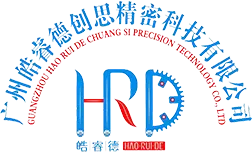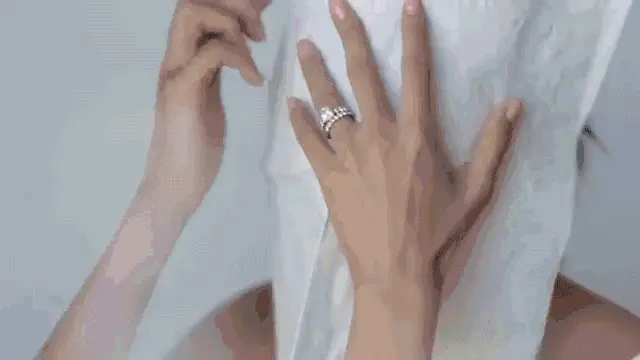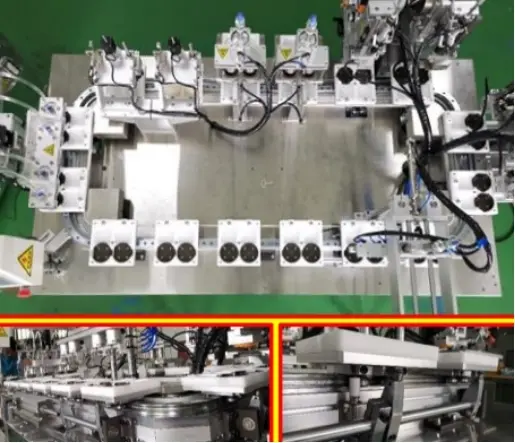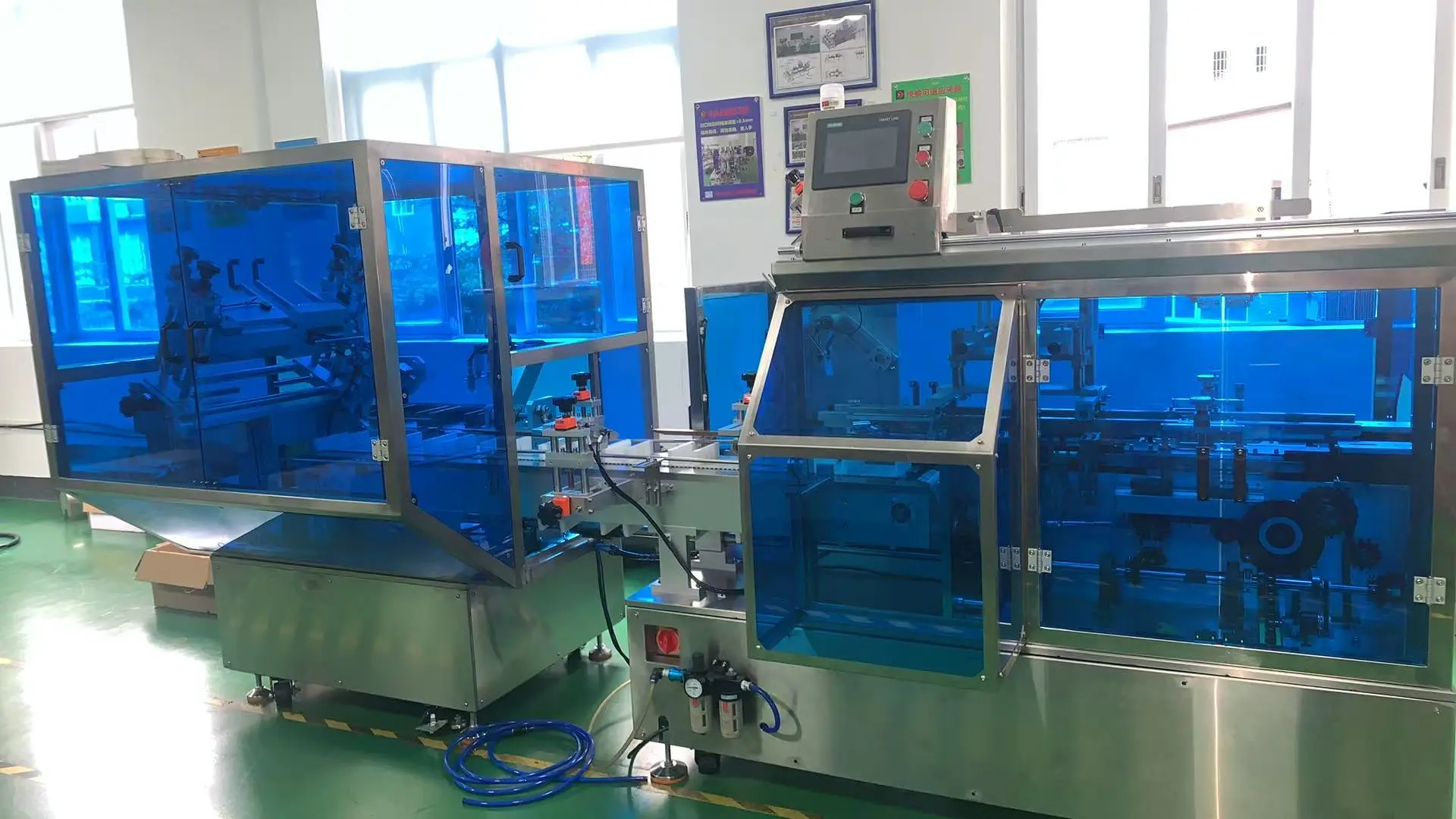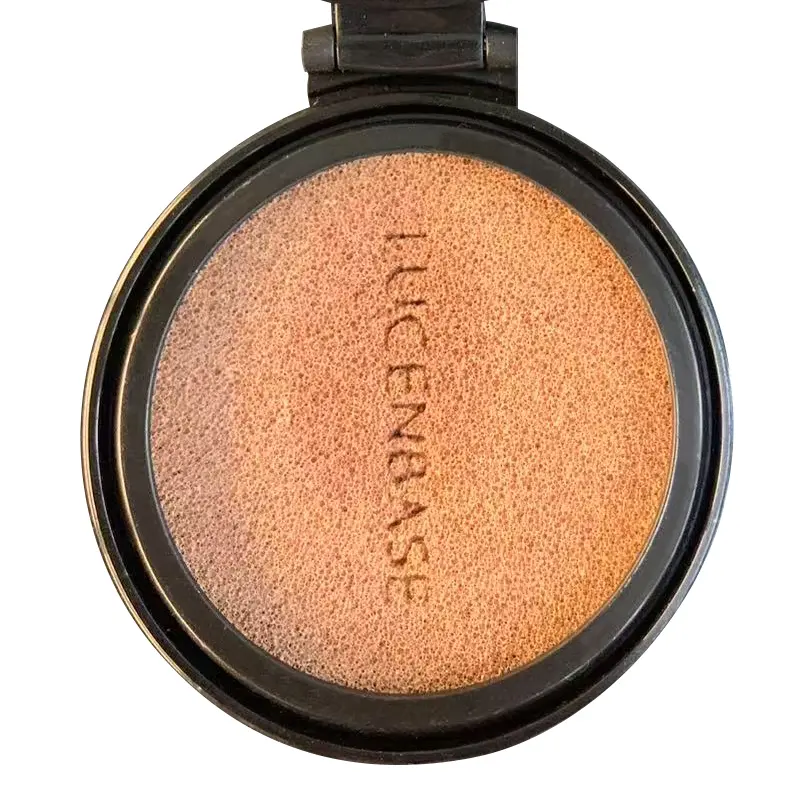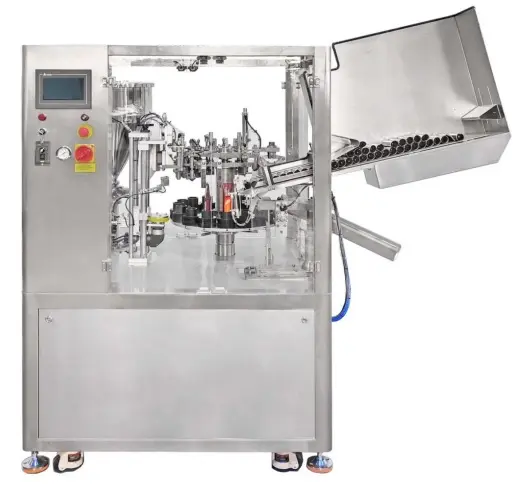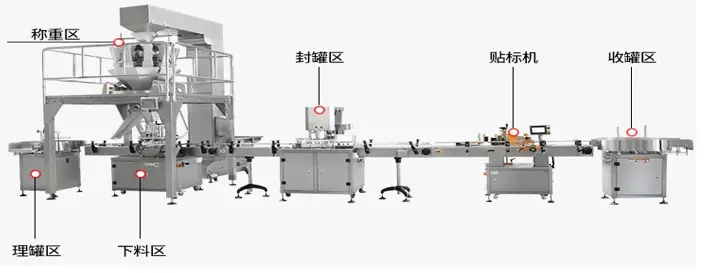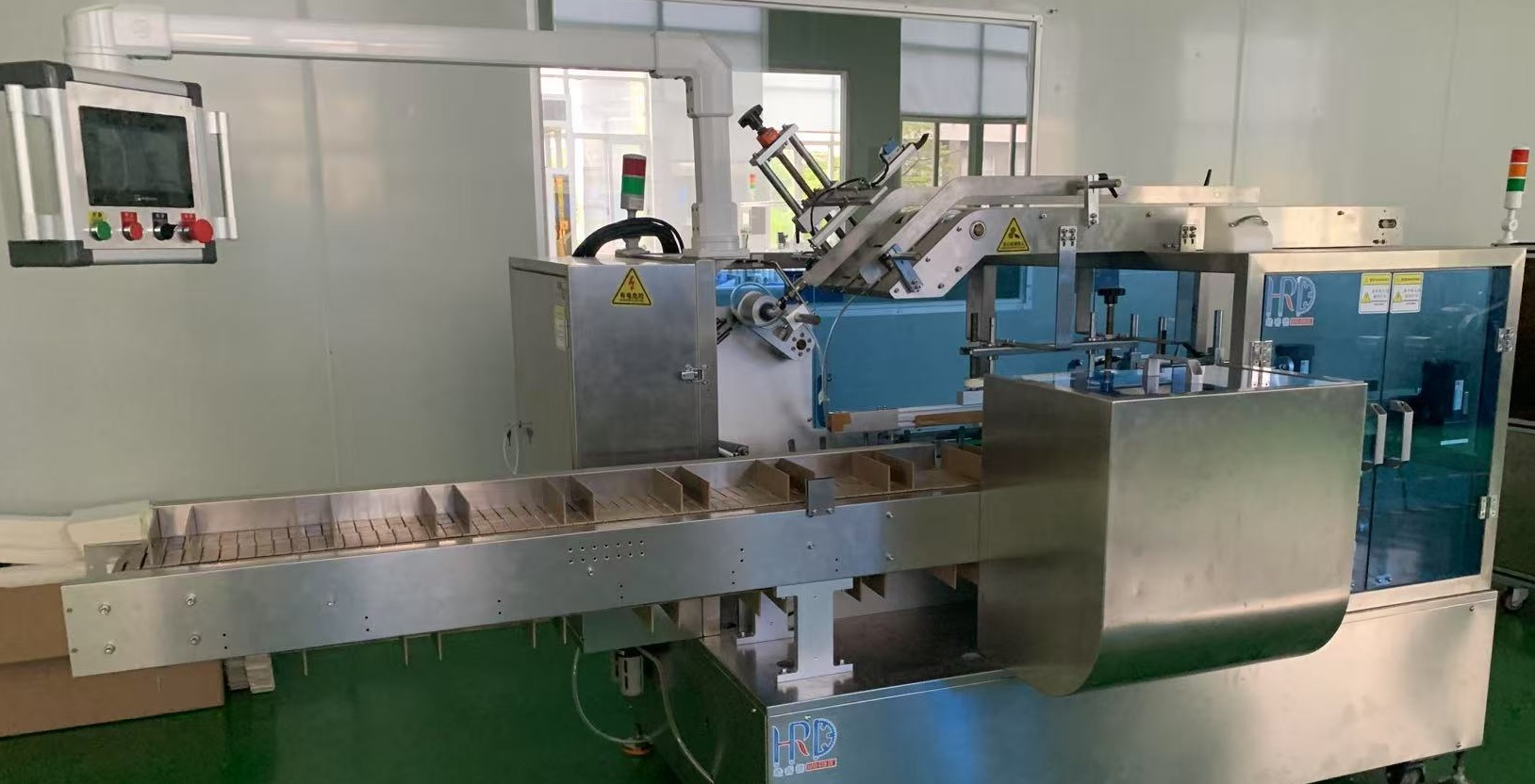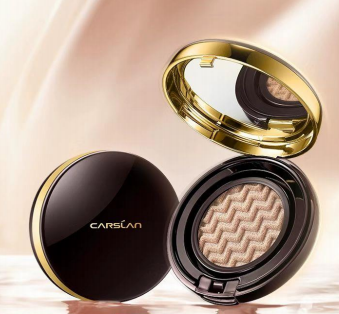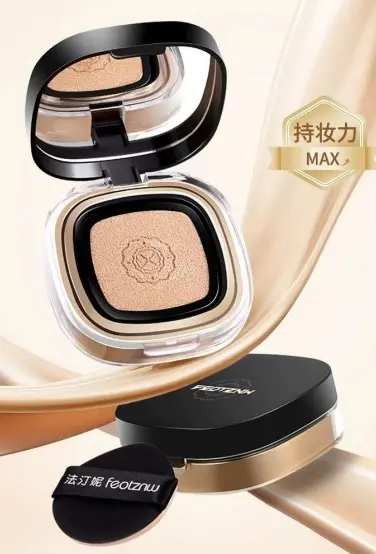Budweiser, Great Wall, and Moutai Enter the Beauty Industry
Recently, French high-end skincare brand Cible Skin secured over 100 million yuan in strategic funding from Verlinvest, an investment firm under the founding family of Anheuser-Busch InBev. This marks Verlinvest’s first strategic investment in a French luxury skincare brand. Meanwhile, Great Wall Motor Co., Ltd. filed a patent for a "makeup recommendation method, device, electronic equipment, and readable storage medium," steering the automotive giant into the beauty sector.
The beauty industry, with its high popularity and relatively low barriers to entry, has long been a favored arena for cross-industry ventures. Statistics show that over six well-known companies have publicly announced beauty-related crossovers this year alone. But how are these "outsider" brands faring in the competitive beauty market? What new trends characterize recent cross-industry beauty endeavors?
Beauty Crossovers Heat Up, Led by Food and Beverage Giants
Cross-industry beauty ventures continue to make headlines.
In April, Great Wall Motor applied for a patent titled "makeup recommendation method," which integrates beauty tutorials into vehicle systems. Users can upload images of their makeup kits, and the system recommends tutorials based on their cosmetics or desired looks. This isn’t the automaker’s first foray into beauty—in 2021, it launched a "collagen air vent module," developed with Hokkaido University, which sprays collagen mist with customizable fragrances to enhance in-car experiences.
Similarly, appliance leader Aupu Home debuted a "Beauty Cabin Bath Heater" this month, offering skincare modes like brightening, soothing, and rejuvenating during showers.
Recent crossovers often leverage companies’ core strengths to complement their primary businesses. However, broadening the timeline reveals diverse motivations. Over a dozen companies from automotive, F&B, alcohol, apparel, and electronics sectors—including Budweiser, Moutai, Hongxing Erke, and Gree—have ventured into beauty. Notably, food and beverage firms dominate the trend.
For instance, brands like Huiyuan, Dong-E Ejiao, Yan Palace, Wahaha, Cestbon, and Budweiser have launched beauty lines. Dong-E Ejiao and Yan Palace even registered novel cosmetic ingredients like "donkey milk powder" and "bird’s nest peptide" in 2022. Since China’s cosmetic ingredient filing system opened in 2021, only 100+ new ingredients have entered monitoring.
Investment is another entry strategy. Verlinvest’s recent stake in Cible Skin aims to expand the brand’s global footprint, enhance R&D, and boost digital marketing.
Apparel brands are also active. Luxury label Miu Miu, after a failed 2013 fragrance collaboration with Coty, partnered with L’Oréal this year to relaunch its beauty line. Other luxury houses like Prada, Gucci, Hermès, and Burberry have successfully tapped into premium beauty, with Hermès’ fragrance and beauty division earning €130 million in Q1 2023.
A Tale of Two Outcomes
While cross-industry beauty ventures proliferate, success varies dramatically.
On one hand, companies like Dong-E Ejiao, Yan Palace, Huiyuan, Hongxing Erke, and MLB continue expanding their beauty portfolios. Yan Palace’s "Yan Palace Bird’s Nest Skincare" line, featuring the ingredient "bird’s nest peptide," includes masks, sprays, and hand creams. However, its online sales on platforms like Taobao remain lackluster, with top-selling items barely reaching 100 units.
Apparel crossover MLB Beauty, launched in 2022 by South Korea’s F&F Group, has gained traction. Its "MLB千金粉气垫" (Precious Powder Cushion) ranks 10th on Tmall’s BB cushion bestseller list. Hongxing Erke’s sub-brand Duoying focuses on recombinant collagen skincare, offering cleansers, essences, and masks.
In contrast, many alcohol-backed beauty products have flopped. Luzhou Laojiao’s "fermented wine mask," Li Du’s "wine yeast extract mask," and Dassai’s sake-infused masks have all been discontinued, with their registrations canceled.
Even beverage giant Wahaha stumbled. After aggressively entering the日化 (daily chemical) sector in 2022 with toothpaste and laundry products, its subsidiary Hangzhou Wahaha Misheng Daily Chemical Co. dissolved in early 2023. Similarly, Cestbon’s "mineral water hydrating spray," once seen as a rival to Nongfu Spring’s offerings, vanished from shelves after its 2022 deregistration.
Gimmick or Genuine Commitment?
While brands often tout ambitious beauty ambitions, few invest deeply in R&D or brand-building. Many treat beauty as a marketing stunt, with products barely reaching consumers.
Cross-industry challenges abound: mismatched sales channels, unclear consumer targeting, and limited expertise. A cosmetics industry insider noted that alcohol brands’ beauty ventures are likely "attention-grabbing tactics," while a R&D expert questioned whether novel ingredients like "donkey milk powder" can gain consumer acceptance.
Yet some succeed. Luxury brands thrive in makeup and fragrances, where fashion sensibilities align with their strengths. Hermès and Burberry benefit from brand prestige, easing market entry. Others, like Hongxing Erke, adopt a fresh approach by launching standalone beauty brands (e.g., Duoying and Yibentong) without overt parent branding.
Investment offers another path. Gree Group’s recent stake in medical beauty firm Ruifu Bio highlights strategic diversification.
Ultimately, cross-industry entrants inject new ideas and technologies into beauty. But lasting success demands dedication to product quality and brand identity—without it, these ventures risk becoming mere publicity stunts.
